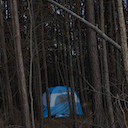
The Fight Against Cop City
The protests in Atlanta build on a history of organizers challenging prison construction as a force for environmental destruction.
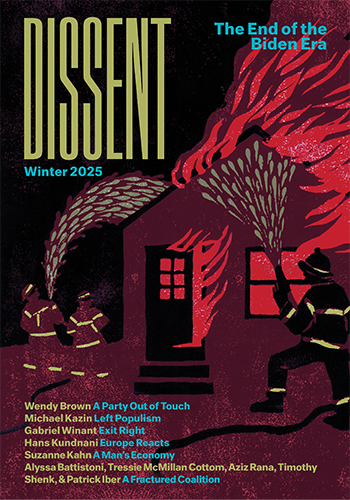

The protests in Atlanta build on a history of organizers challenging prison construction as a force for environmental destruction.
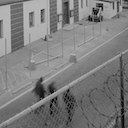
Ruth Wilson Gilmore’s Abolition Geography is written to be used.

Abolitionists and advocates of criminal justice reform in Los Angeles County have amassed some impressive victories, laying out a vision for reducing incarceration and providing care that could have national significance.
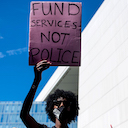
An interview with Derecka Purnell, the author of Becoming Abolitionists, about what makes communities unsafe—and how she went from calling 911 to fighting for abolition.

McDade and Jackson’s tragically intertwined lives tell the story of a society that feeds on and maintains oppression through punishment, violence, and isolation. They also show us a way out.

In The Feminist and the Sex Offender, Judith Levine and Erica R. Meiners pull back the curtain on the history of the sex offender registry and explore how we can strive to reduce sexual harm without mass incarceration.

From a solitary cell in Texas, Kwaneta Yatrice Harris writes letters documenting the torturous conditions, despite the risk of retribution.
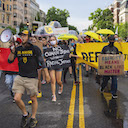
Kate and Daniel reflect on the lessons of the last few months and the prospects for ecosocialism in this decade.

What does an abolitionist, ecosocialist program look like in practice? Researcher and organizer Jasson Perez explains why working toward police and prison abolition is key to building social movements and, ultimately, expanding the horizon of a vibrant working-class life.

To transform society, radicals need to appeal to millions of people, many of whom may never join their ranks.

After years of tireless organizing, the campaign to close down own of the country’s most notorious jails secured a landmark victory in March. But activists say it’s not enough.